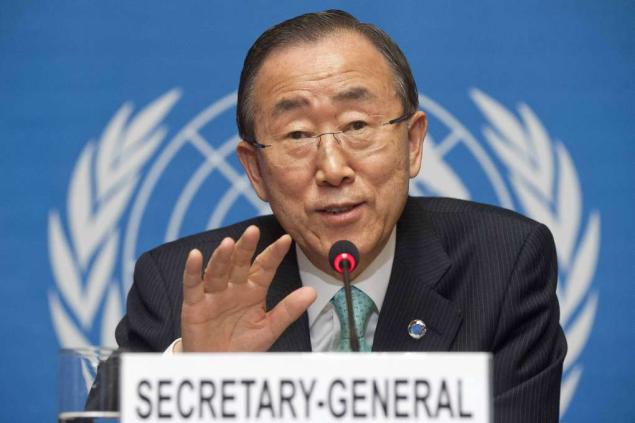
Two United Nations envoys have slammed the Federal Government over poor power supply and management system in the country.
The UN Special Rapporteur on Extreme Poverty and Human Rights, Ms. Magdalena Carmona, and the Special Rapporteur on Adequate Housing as a component of the right to an adequate standard of living, and on the right to non-discrimination, Ms. Raquel Rolnik, signed a petition criticizing the FG on Power.
The criticism was directed “over the impact of the Multi-Year Tariff Order II and its potential detrimental impact on the realisation of human rights of people living in extreme poverty in Nigeria.”
The UN rapporteurs slammed the FG for its failure to provide a functioning metering system in the country. Their petition said there were “grave concerns that the absence of functioning metering system limits the ability to accurately set prices for electricity and leaves electricity bills vulnerable to mismanagement and arbitrary decisions, disproportionately affecting people living in poverty.”
The two special rapporteurs also stated that “Certain groups already vulnerable to poverty and social exclusion, including women heads of households and persons living in informal settlements and in rural areas, may be especially affected by the rise in tariffs under MYTO II enacted by the Nigerian Electricity Regulatory Commission (NERC) on June 1, 2012.”
The offices of the Special Rapporteurs has informed the Socio-Economic Rights and Accountability Project (SERAP), civil society organization that the FG had refused to acknowledge or respond to its queries in over 5 months since submission.
Executive Director, SERAP, Mr. Adetokunbo Mumuni, said, “We applaud the positive steps taken by the special rapporteurs to respond to the deplorable effects of the privatisation of electricity and the poor service delivery in this sector on millions of Nigerians living in poverty. Their action shows the important role these institutions can play to improve the conditions of those who live in extreme poverty.”
“But it is unfortunate the government can’t even be bothered to send a response to the query by the special rapporteurs. This shows this government’s contempt not just for the UN institutions, but for the rights of Nigerians. It also calls into question the government’s international human rights obligations and commitments, and its role as a member of the UN.”

